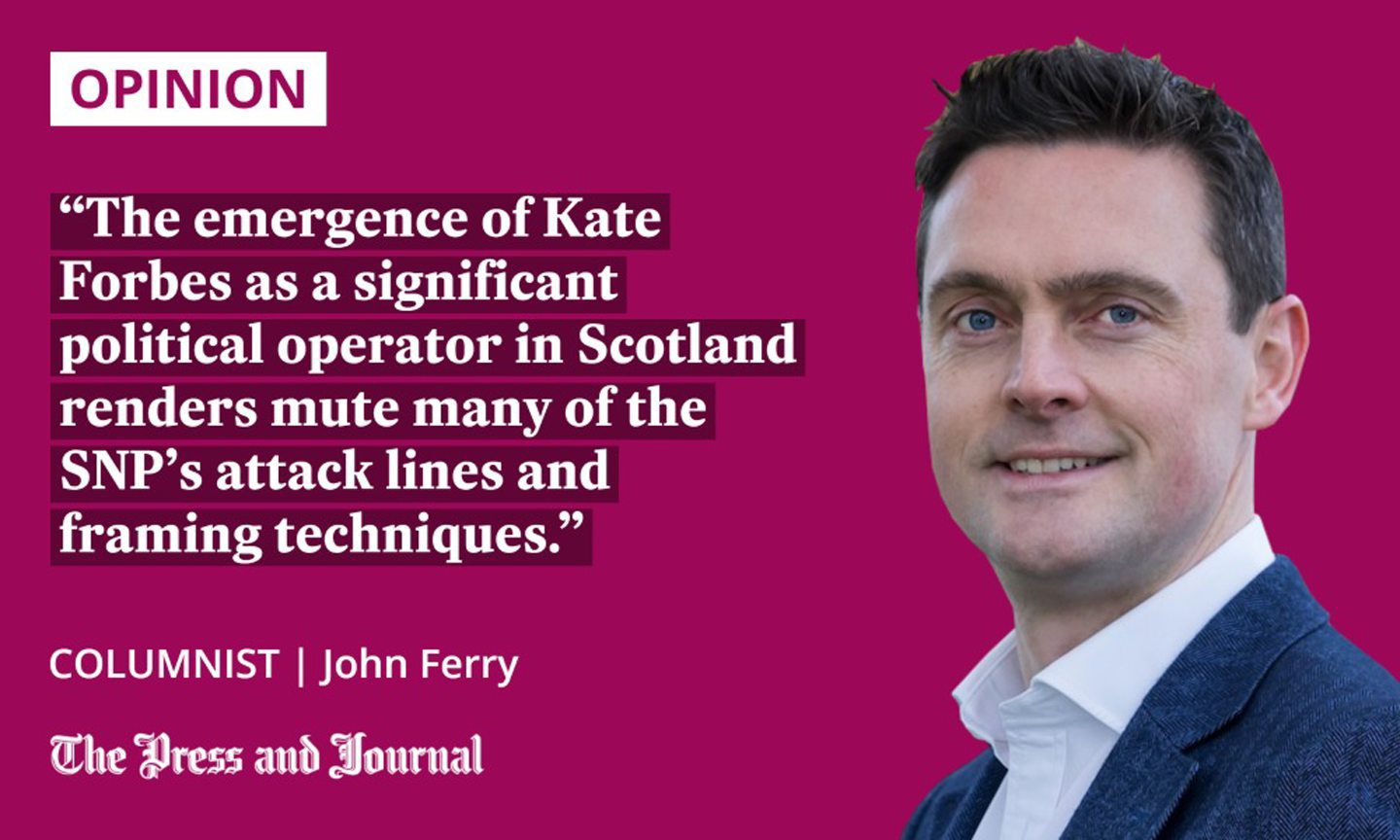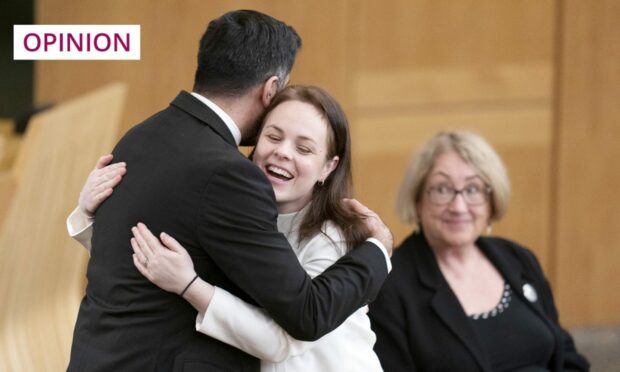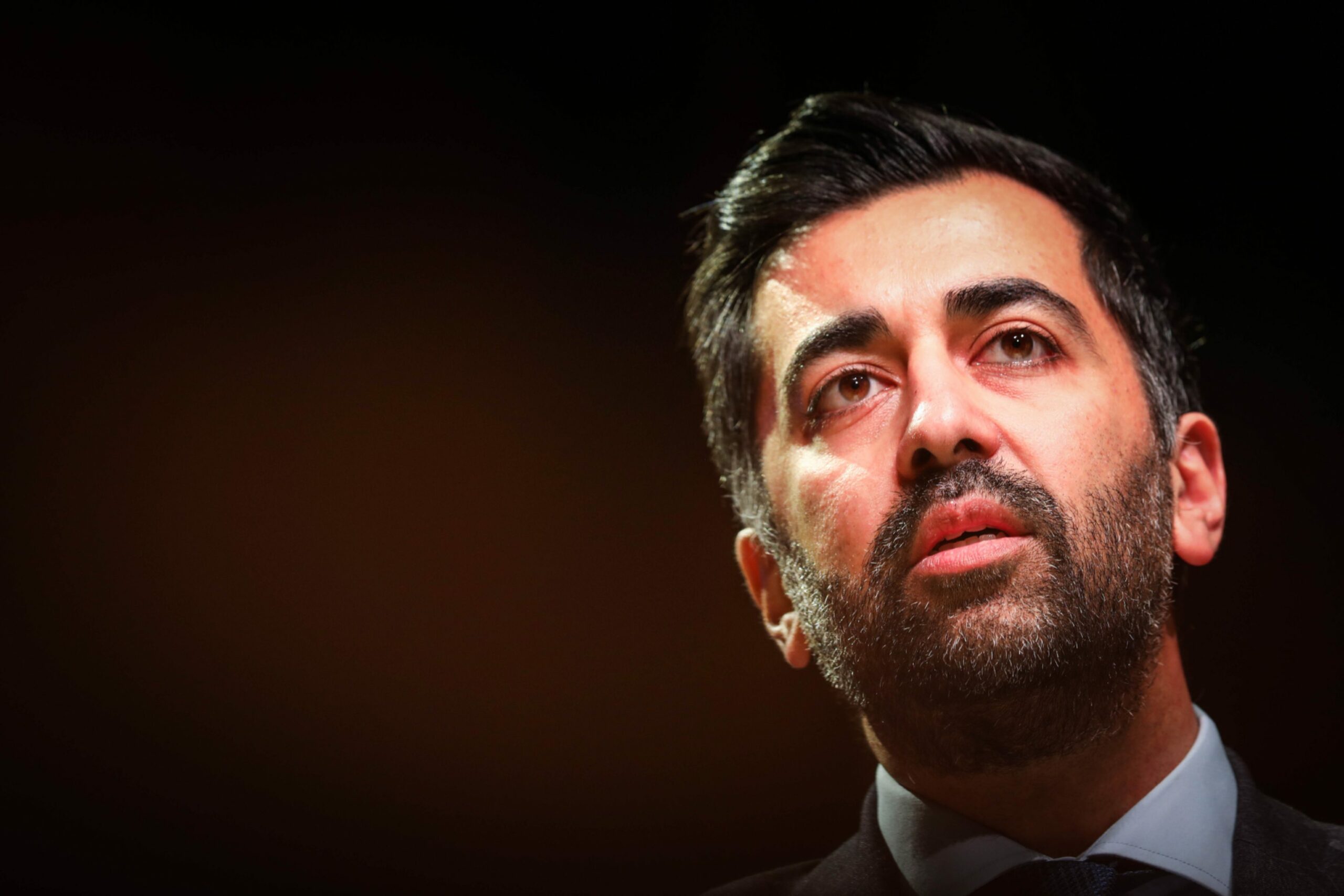Hands down one of the best movies of all time is When Harry Met Sally, the 1980s romantic comedy starring Meg Ryan and Billy Crystal.
Written by the late Nora Ephron, the film’s witty script eschews the usual fairytale love story cliches in favour of intelligent character development centred on Harry and Sally’s growing platonic relationship eventually turning into romance.
In one memorable scene early in the movie, a young Harry is rebuked by Sally for coming onto her after he tells her she is attractive. Harry insists his words shouldn’t have been taken in this way and, when Sally refuses to accept this, he then tells her he takes it back.
“You can’t take it back,” says Sally.
Harry: “Why can’t I take it back?”
Sally: “Because it’s already out there.”
It’s already out there. What’s been spoken can’t be unspoken. New information has entered the system and has changed the fundamentals of it in such a way that there is no reverse gear that allows you to “take it back”.

I was reminded of this scene last week when I saw that Kate Forbes, along with SNP MSP colleagues Ivan McKee and Michelle Thomson, had teamed up with the radical nationalist left wing think tank Common Weal to put out a new paper on a “wellbeing economy”.
With the SNP under Humza Yousaf’s new leadership in meltdown, and with Forbes having come within a whisker of winning the leadership just a few weeks ago, the runner-up in the contest clearly still has her eye on the top job.
Not winning but coming a close second might, in fact, turn out to be the best possible outcome for Forbes. She can stand back as continuity Yousaf soaks up the fallout from the disaster that is the current SNP, quietly build up support in the background while events unfold, and, then – with a bit of luck and a tailwind – be there to assume the leadership of a party that will, at some point, be desperate for a proper fresh start.
Leadership contest was highly revealing
The link-up with Common Weal can be thought of as part of this strategy. The leadership contest was highly revealing. Forbes, it turns out, is a big economic and social conservative. Religion plays a significant role in her life, and clearly feeds into her politics.
A member of the Free Church of Scotland, Forbes said during the leadership race that having children outside of marriage is “wrong” according to her faith. She also said she would have voted against equal marriage laws had she been in parliament in 2014, when gay marriage was made legal.
On the economy, she is more George Osborne than Gordon Brown. She sat on the SNP’s 2018 growth commission, which produced a plan for independence grounded in austerity. She then defended that plan against attacks from Scotland’s left, including, ironically, a challenge from Common Weal.
Throughout the leadership debate, Forbes gave every indication of wanting a smaller, more efficient state, and a larger, more dynamic economy.
Her apparent switch to the left last week can, therefore, be seen as an attempt at triangulation of the SNP membership. She has the conservative right of the party secure. Time to curry favour with the left.
Conservatism is intrinsic to Scotland
What is interesting, though, is the revelation in recent months of a strongly conservative wing in the SNP which, under the Sturgeon leadership, was very much hidden beneath the cloak of progressive politics. This revelation has a number of consequences.
Forbes’s inherent tartan Toryism has not so much been hinted at as put up for display in flashing lights with fireworks going off at the sides. And, yet, she managed to secure 48% of the vote of SNP members to become their leader.
What does this tell us about the SNP, and about Scottish politics more broadly? It tells us that the SNP’s framing of conservatism as something that is imposed upon Scotland by outside forces, and that our route to progress starts with neutralising that unwelcome presence, is nonsense.
Conservatism is as intrinsic to Scotland as to any other part of this island. Indulging nationalism as progressive is, therefore, misguided. You can’t eat a flag, or use it to pay your energy bills.
The emergence of Kate Forbes as a significant political operator in Scotland renders mute many of the SNP’s attack lines and framing techniques. Someone should explain this to the new first minister, who, without seemingly giving it much thought, has taken to trotting out the same old messaging about saving Scots from the Tories.
That sort of thing will no longer work, now that we’ve seen how much conservative values are ingrained in the SNP. You can’t take it back, first minister, because it’s already out there.
John Ferry is a regular commentator on Scottish politics and economics, a contributor to think tank These Islands, and finance spokesperson for the Scottish Liberal Democrats



Conversation